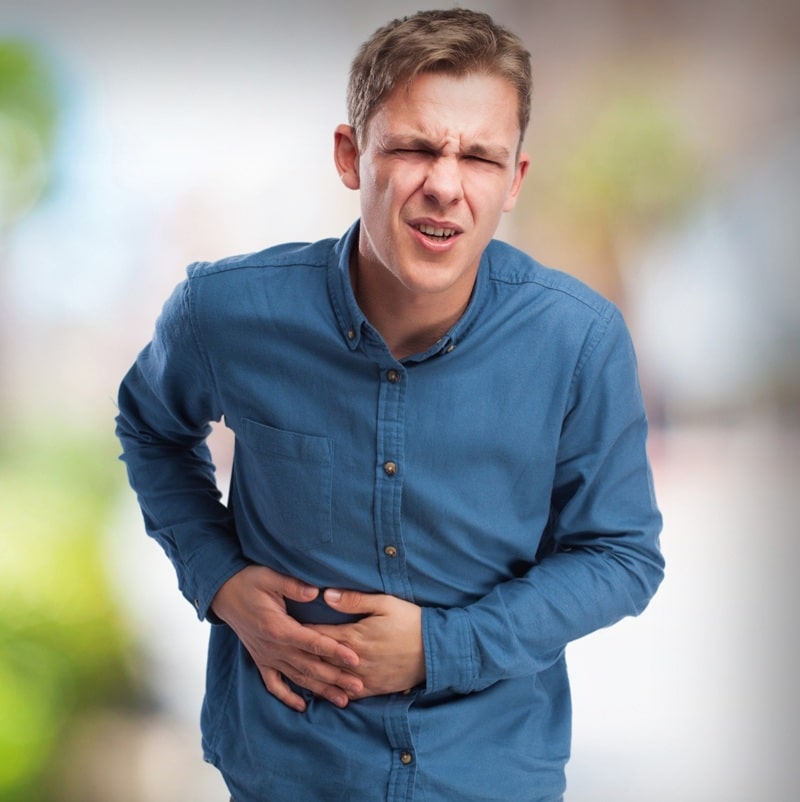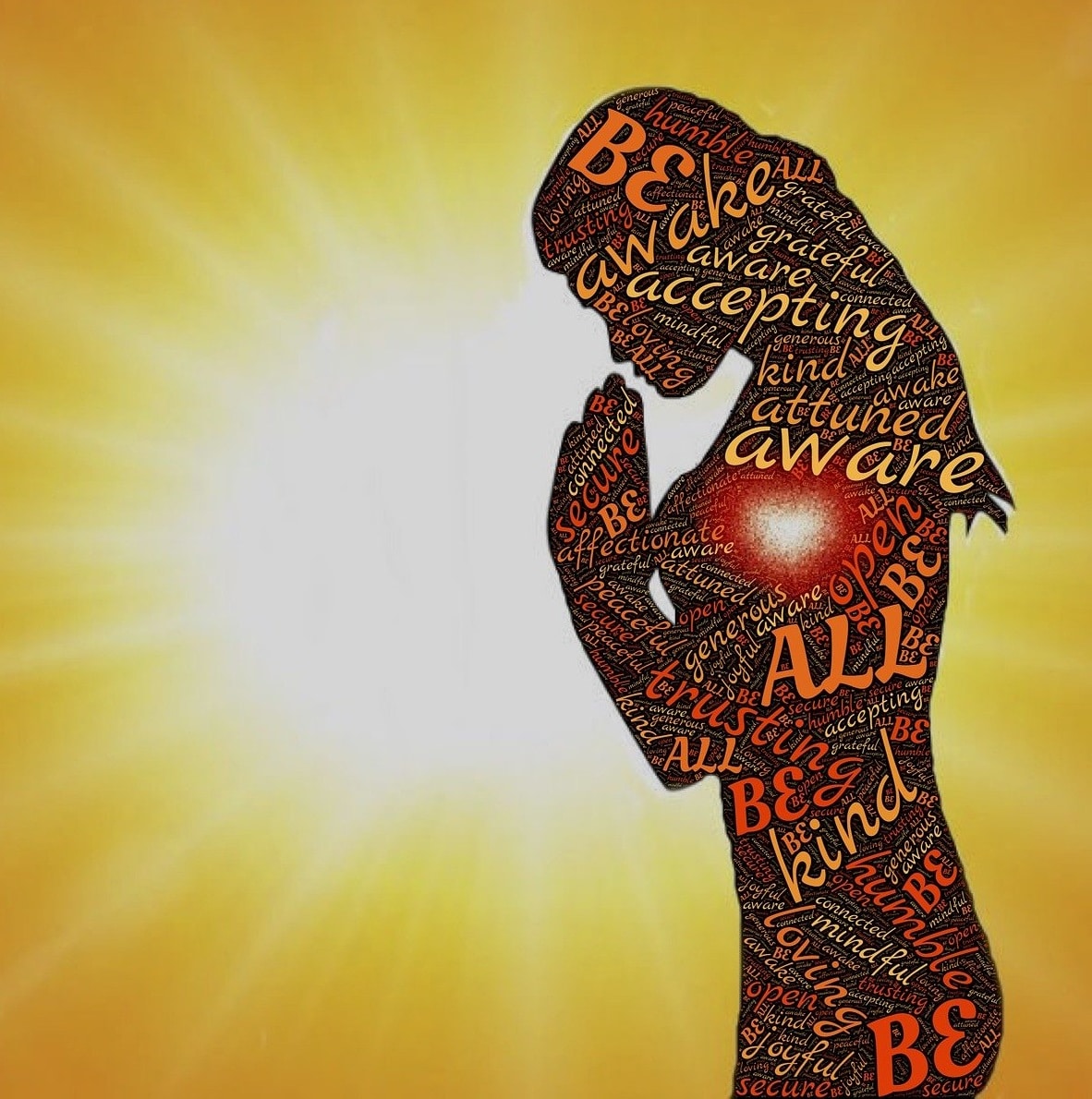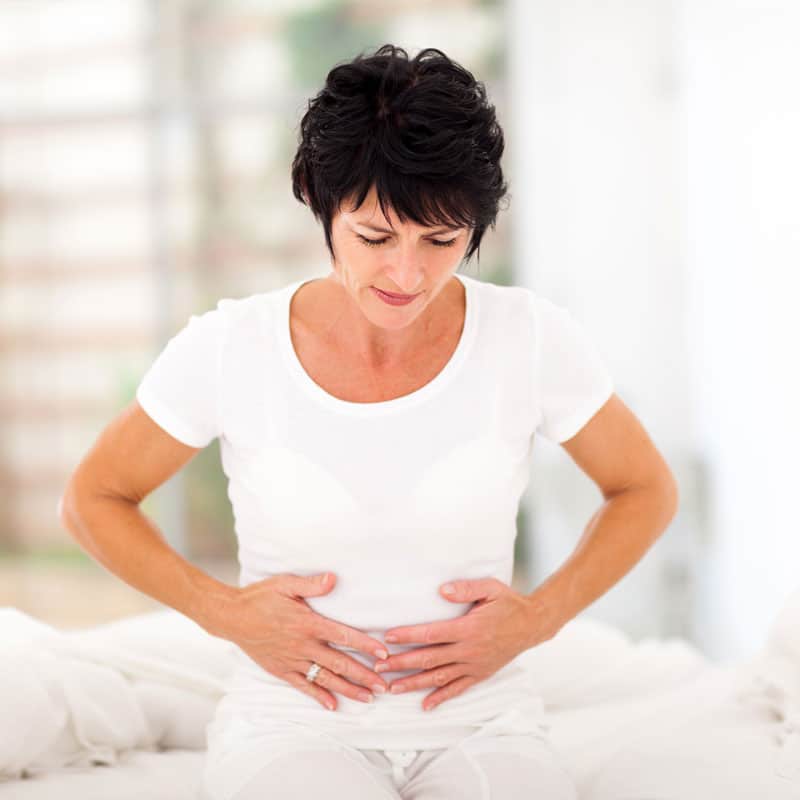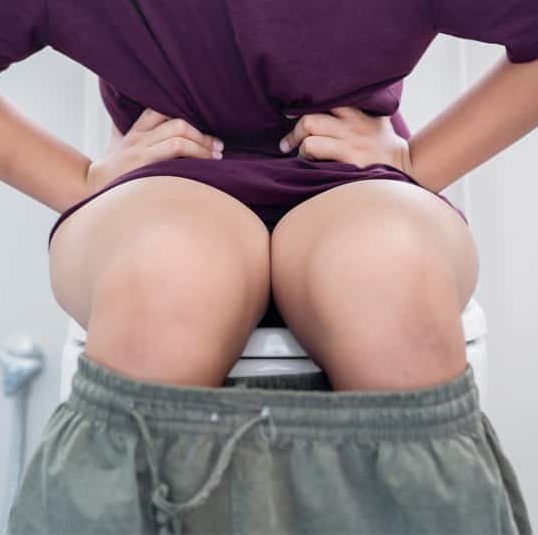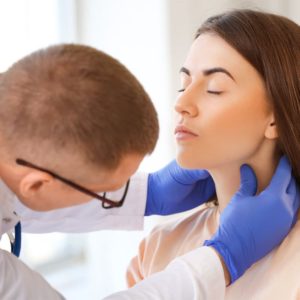As hormones rise and fall during menstruation, you may experience a variety of emotional and physical symptoms approximately one to two weeks before your menstrual cycle. These symptoms, which include mood swings, bloating, anxiety, breast tenderness, depression, abdominal pain, a change in appetite, and fatigue, are called premenstrual syndrome (PMS). If you are suffering from PMS, several lifestyle changes, dietary changes, and natural remedies can help relieve or eliminate your symptoms.
PMS Symptoms
The symptoms of PMS vary from woman to woman. The symptoms can begin approximately two weeks before your period begins and last for up to four days once you start your period. Some of the most common PMS symptoms women experience include:

- Anxiety
- Bloating
- Breast tenderness
- Confusion
- Depression
- Digestive problems
- Headaches
- Insomnia
- Irritability
- Mood swings

Natural Remedies for PMS
The traditional treatment for PMS is to use a combination of antidepressants and oral contraceptives. Unfortunately, these can cause some unpleasant side effects. Several natural remedies and supplements can provide you relief without the unpleasant side effects.
Acupuncture
Acupuncture is a traditional Chinese Medicine practice that naturally reduces and relieves many of the symptoms of PMS. It reduces pain and inflammation, improves circulation throughout the body, relieves anxiety and stress, and regulates the cycle. Acupuncture for PMS also helps relieve menstrual cramps and prevents heavy and prolonged bleeding.
Aromatherapy
Aromatherapy is the practice of inhaling various essential oils to help improve your emotional and physical health. It can help reduce stress levels, relieve menstrual pain, and improve sleep naturally. Some of the best essential oils to alleviate your PMS symptoms include the following:
- Chamomile – Chamomile has been used for centuries to help relax you and promote sleep.
- Clary Sage – This potent herb can help relieve stress and ease menstrual cramps.
- Lavender – Lavender has been used for centuries to promote relaxation and ensure a good night’s sleep.
- Rose – The calming scent of rose can help relieve PMS symptoms and reduce the stress associated with premenstrual syndrome.
Calcium
Many women who do not consume the recommended daily amount of calcium may experience PMS symptoms. Calcium supplementation can help relieve fatigue, bloating, anxiety, and mood swings caused by PMS. Consume at least four servings of calcium-rich foods like milk, fortified orange juice, yogurt, spinach, dairy products, or green leafy vegetables daily for best results.
Chaste Berry
Chaste berry helps improve the reproductive system in women. One review reported that chaste berries effectively relieved many of the symptoms of PMS, including both physical and psychological symptoms (breast tenderness, bloating, mood swings, and headaches). Before taking chaste berries, it is advisable to consult with your integrative women’s health specialist, as chaste berries may interact with certain contraceptives and other medications.
Diet
A change in your diet can help relieve PMS symptoms. Foods high in salt can contribute to the bloating often experienced during PMS. Refined carbs and sugary foods can cause significant blood sugar fluctuations, worsening mood swings, and fatigue. Finally, high-fat foods and red meats can increase the severity of abdominal cramping and back pain. To help combat PMS symptoms, eat small meals frequently, opt for complex carbs, and choose healthy vegetables and fruits. Finally, avoid eating sweet or salty snacks, limit your alcohol consumption, and avoid consuming too much caffeine to reduce the risk of PMS symptoms.
Exercise
When you are bloated, depressed, in pain, and suffering from the many other symptoms of PMS, the last thing on your mind is exercise. However, regular exercise can help improve the symptoms of PMS naturally. Try to get at least 30 minutes of exercise each day to boost your mood, improve your sleep, and enhance your energy levels. Regular exercise increases the release of dopamine, serotonin, and endorphins, which helps relieve many of the symptoms of PMS.
Ginkgo Biloba
Many people know that Ginkgo biloba can improve memory; however, this herb can also relieve many PMS symptoms. It can help reduce inflammation, soothe achy muscles, regulate mood, reduce bloating, prevent weight gain, ease anxiety, and boost circulation. It may also help relieve brain fog and fatigue caused by PMS.
Magnesium
Women who have low levels of magnesium are at an increased risk of suffering from PMS. Magnesium-rich foods include peanuts, almonds, and green leafy vegetables. Magnesium helps ease several unpleasant PMS symptoms, including headache, water retention, anxiety, depression, breast tenderness, and insomnia.
Massage
Massage is a hands-on approach to relieving PMS symptoms. It helps reduce the stress hormone cortisol to improve mood, release natural endorphins to reduce cramping and relax the body to counteract the effects of PMS. Furthermore, massage therapy can reduce bloating and water retention by increasing circulation. It can also help regulate mood and improve skin health, which can help reduce acne outbreaks and other skin issues.

Sleep
If you are not getting between 7 and 9 hours of sleep each night, a lack of sleep could be causing many of your symptoms. Insomnia can increase the risk of fatigue, irritability, depression, and anxiety. Practicing good sleep hygiene that includes going to bed at the same time, avoiding naps, turning all electronics off a couple of hours before bedtime, dropping your bedroom temperature a few degrees, and participating in relaxing activities like reading before bedtime can help you get a whole night’s sleep and minimize the symptoms of PMS.
St. John’s Wort
St. John’s wort is a powerful herb that can affect norepinephrine and serotonin in the brain. It can relieve your mood swings, including depression and anxiety. In addition, St. John’s wort can help ease the pain associated with PMS thanks to its ability to reduce the number of proinflammatory cytokines in the body.
Stress Management
When you are experiencing the symptoms of PMS, your stress levels can increase significantly. Stress management promotes relaxation naturally. Some of the most common stress management tools are meditation, deep breathing exercises, journaling, prayer, and yoga. These stress management techniques help you relax, embrace your emotions, and reduce the symptoms of PMS.
Vitamin B-6
Vitamin B-6 is a water-soluble vitamin used to produce neurotransmitters. Organ meats, starchy veggies like potatoes and chickpeas, and fish like tuna and salmon contain Vitamin B-6. It helps relieve many of the psychological symptoms experienced during PMS, including anxiety, depression, irritability, and moodiness. The body cannot store vitamin B-6; therefore, ensure you consume enough of this PMS-relieving vitamin.
Vitamin D
The body uses vitamin D to help improve calcium absorption and regulate calcium metabolism from calcium-rich foods. Although vitamin D does reduce PMS symptoms, it also helps relieve specific menstrual symptoms, including breast tenderness, constipation, depression, diarrhea, and fatigue.
Holistic Treatment for PMS
Premenstrual syndrome occurs up to two weeks before your period and can last several days into your period. The symptoms of PMS can negatively impact your life and result in physiological and psychological symptoms, including bloating, menstrual cramping, mood swings, fatigue, and skin problems. In addition to this, many women notice appetite changes, sleep disturbances, and breast tenderness before their period.
If you are experiencing the symptoms of PMS, our team of integrative women’s health specialists can help. We utilize a holistic approach to help relieve the symptoms of PMS.






